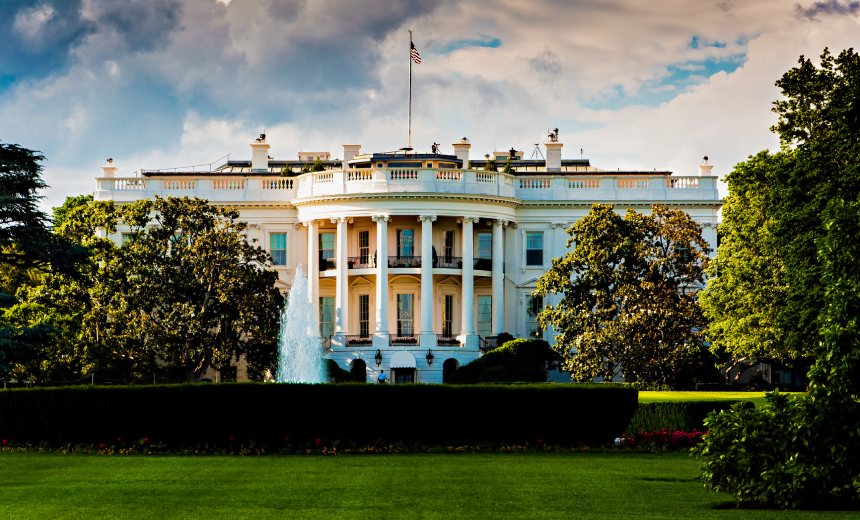Government
,
Industry Specific
,
Training & Security Leadership
‘Service for America’ Will Aim to Attract Diverse Candidates to the Cyber Workforce

The White House announced a U.S. governmentwide hiring sprint for cyber, technology and artificial intelligence professionals as part of an effort to fill the nearly 500,000 open cyber jobs throughout the United States.
See Also: OnDemand | National Treasure of Cybersecurity: Guarding Against BEC and Phishing Attacks
The Office of Management and Budget will spearhead the initiative, dubbed Service for America, alongside the Office of the National Cyber Director. The project will also include an expansion of federal work-based learning programs and new efforts to remove “unnecessary degree requirements,” National Cyber Director Harry Coker said in a Wednesday blog post.
“Many Americans do not realize that a cyber career is available to them,” Coker said. “There is a perception that you need a computer science degree and a deeply technical background to get a job in cyber.”
“The truth is, cyber jobs are available to anyone who wants to pursue them,” he added.
The sprint officially kicked off Wednesday and will last through the end of October, according to the White House announcement, which includes links that went directly to hundreds of federal cyber, tech and AI jobs posted on usajobs.gov. Many open positions featured starting salaries of more than $100,000 per year, which is relatively rare in the public sector, as federal government roles often offer lower pay compared to the private tech industry.
“These jobs offer an opportunity to serve our country by protecting our national security, while also offering a personal path to prosperity,” Coker said.
The White House previously unveiled a national cyber workforce strategy in 2023 that called for improved cyber education and training across the federal government, as well as new incentives to attract workers to the public sector. Officials said at the time that the federal government would increasingly seek out job candidates from diverse segments of the U.S. population, including workers in rural and underrepresented communities (see: White House Unveils National Cyber Workforce Strategy).
